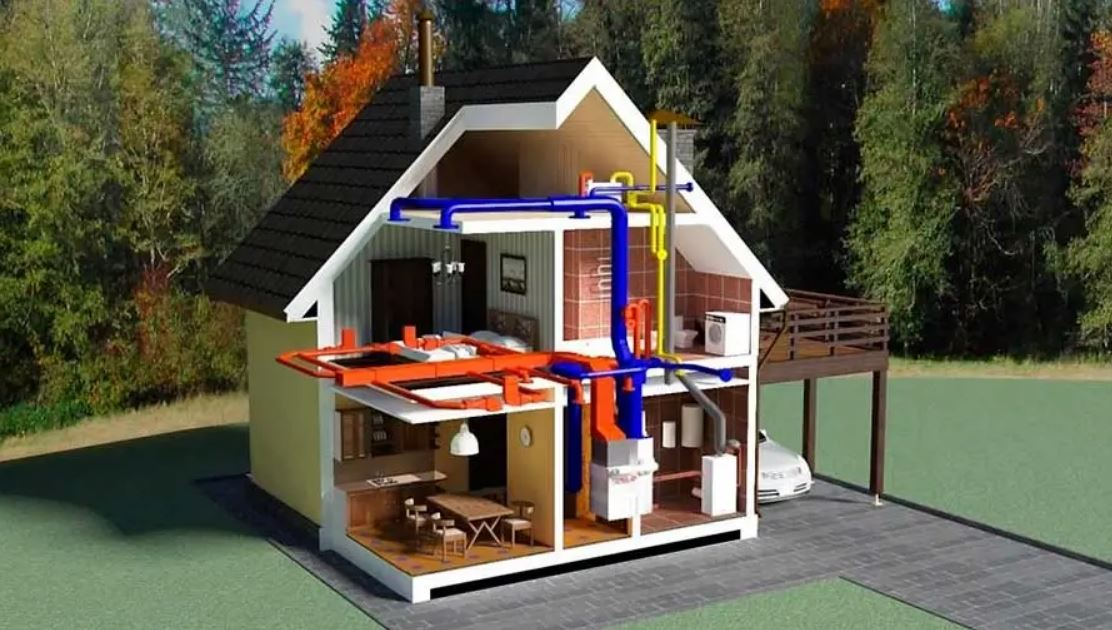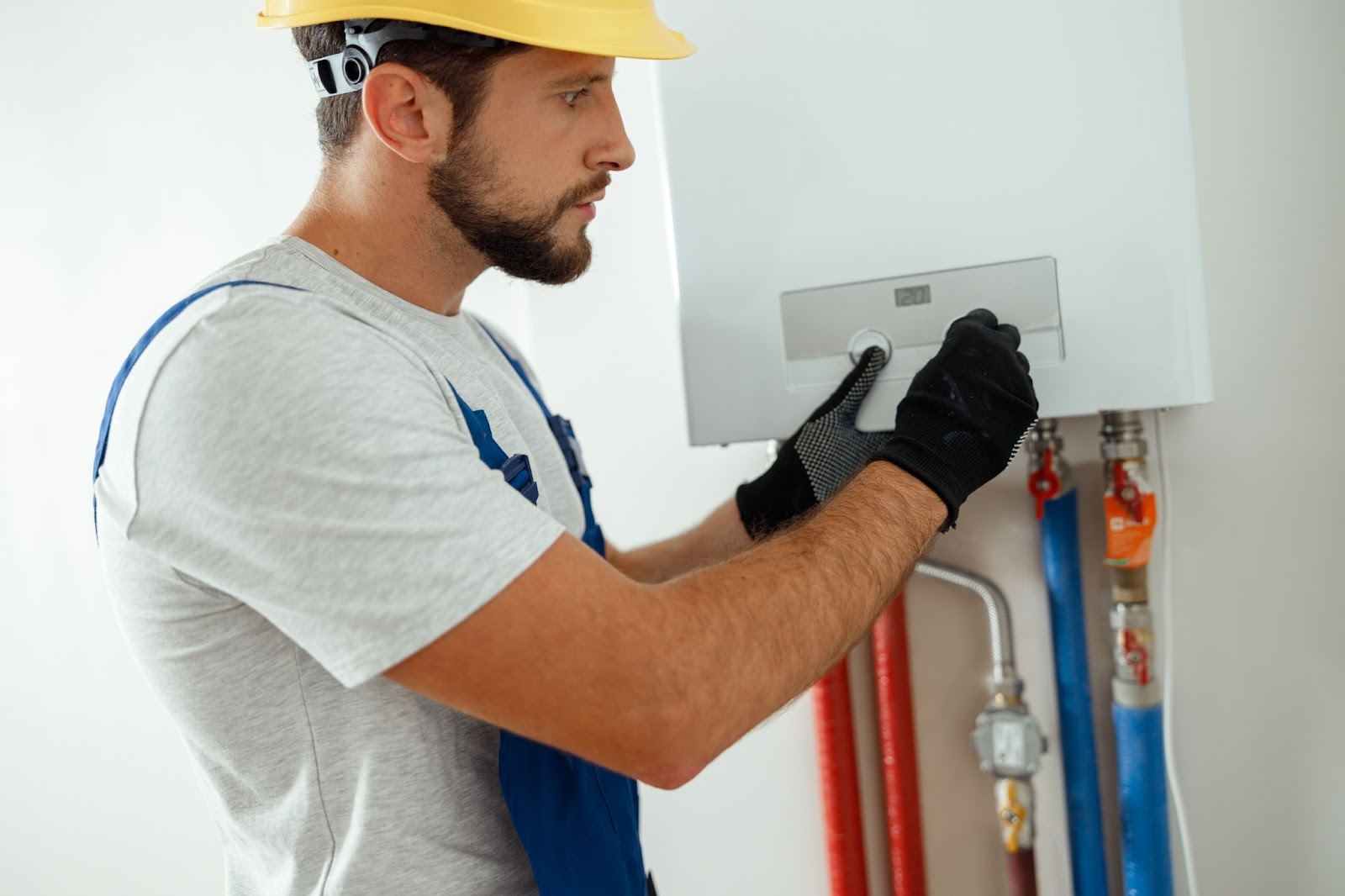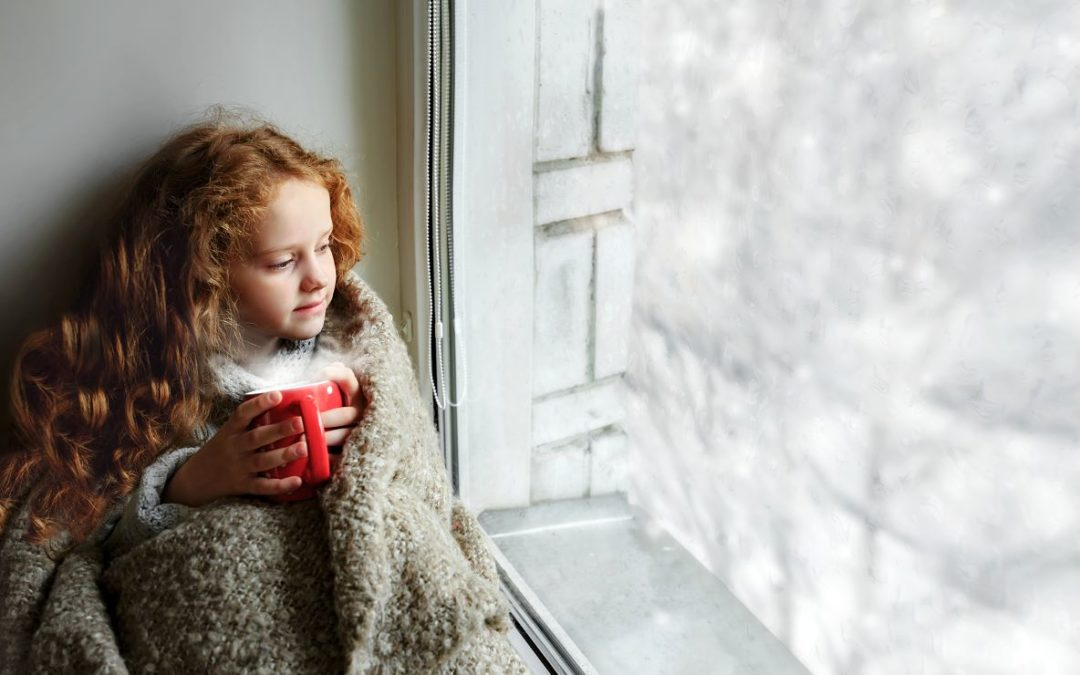The state of Utah has a challenging climate: with the onset of winter, temperatures can drop sharply below zero. And the dry air makes it feel even colder. You have to dress warmly and turn on the heating systems at full power. Not only does comfort depend on them, but also energy bills. Therefore, the question of which system to choose for your home is highly relevant.
Let’s consider which furnaces in the home work best in Utah’s climate, weigh their pros and cons, and discuss when it is worth replacing a furnace and when it is better to repair or service one.
Features of Utah’s Climate
Utah is one of those states where winters can be harsh and long. In mountainous areas, the thermometer often stays at 20°F and below. Add to that cold winds that quickly cool down homes without proper insulation. At the same time, summers are hot and dry, which puts additional strain on air conditioning systems.
Another factor is altitude. In mountainous areas, gas furnaces may operate slightly less efficiently due to the thin air, and this should be taken into account when choosing equipment.

Gas Furnaces: a Classic for Cold Climates
Gas furnaces have been the most popular in Utah for several decades. And this is understandable. They heat the air quickly, provide a stable level of heat even in severe frosts, and are relatively easy to operate. But they are only suitable if your area is connected to the gas network.
The main advantages of gas furnaces are:
- high efficiency (modern models have an AFUE of 90% or higher);
- fast heating of rooms;
- reliability and durability with proper maintenance.
However, there are also disadvantages. Installation is more expensive compared to electric furnaces, and regular maintenance is required. However, for most homeowners, a gas furnace remains the best solution.
Electric Furnaces: When they are Justified
Electric furnaces are often considered less efficient in cold climates. But there are situations where choosing them is justified. If your home is well insulated, has modern windows and insulation, then an electric heating system can provide comfort without breaking the bank on electricity bills.
It is also safer to use. There is no risk of gas leaks or carbon monoxide poisoning. It is also easier to maintain. However, it is worth considering that during a sharp cold snap, electricity costs can increase significantly. Therefore, in the long term, gas systems often prove to be more cost-effective.
Hybrid Systems (Dual Fuel)
Hybrid systems are a combination of gas and electric furnaces. On warmer days, they run on electricity, and during severe frosts, they automatically switch to gas. This design reduces energy costs while ensuring reliable heat in any weather.
Geothermal Systems: Heat from the Ground
Geothermal heat pumps deserve special attention. They use the stable temperature of the ground for heating in winter and cooling in summer. This promising innovation has a number of advantages:
- a coefficient of performance (COP) 3-4 times higher than traditional furnaces;
- simultaneously solves the issue of heating and air conditioning;
- savings on energy bills in summer and winter.
The main disadvantage of such systems is the high initial cost of installation and technical limitations: they are difficult to install in densely built-up areas. However, for private homes with sufficient land, it is profitable and convenient.

Signs that it’s Time to Replace your Old Furnace
Many homeowners continue to use old furnaces, hoping that nothing bad will happen to them. This is risky because they can break down suddenly. Here are some signs that your furnace needs to be replaced:
- energy bills are rising faster than rates;
- there is a noticeable difference in temperature between rooms;
- the equipment is noisy, breaks down often, and requires repairs;
- the system is more than 15–20 years old.
In such cases, furnace replacement not only increases comfort but also reduces costs by 20–30% from the first year. If you need advice on choosing or installing a heating system, contact Rocky Mountain in Utah. This is a team of true professionals, who know everything about climate control equipment and can give you good advice on choosing the best option for you.

